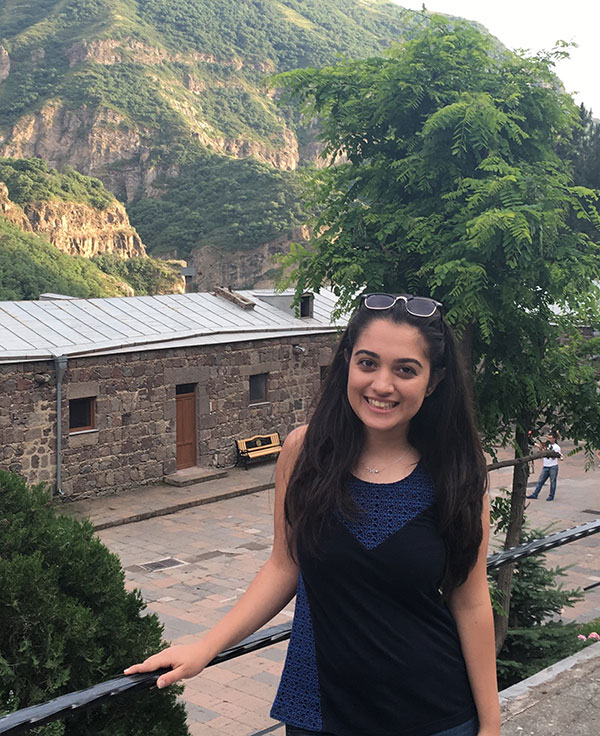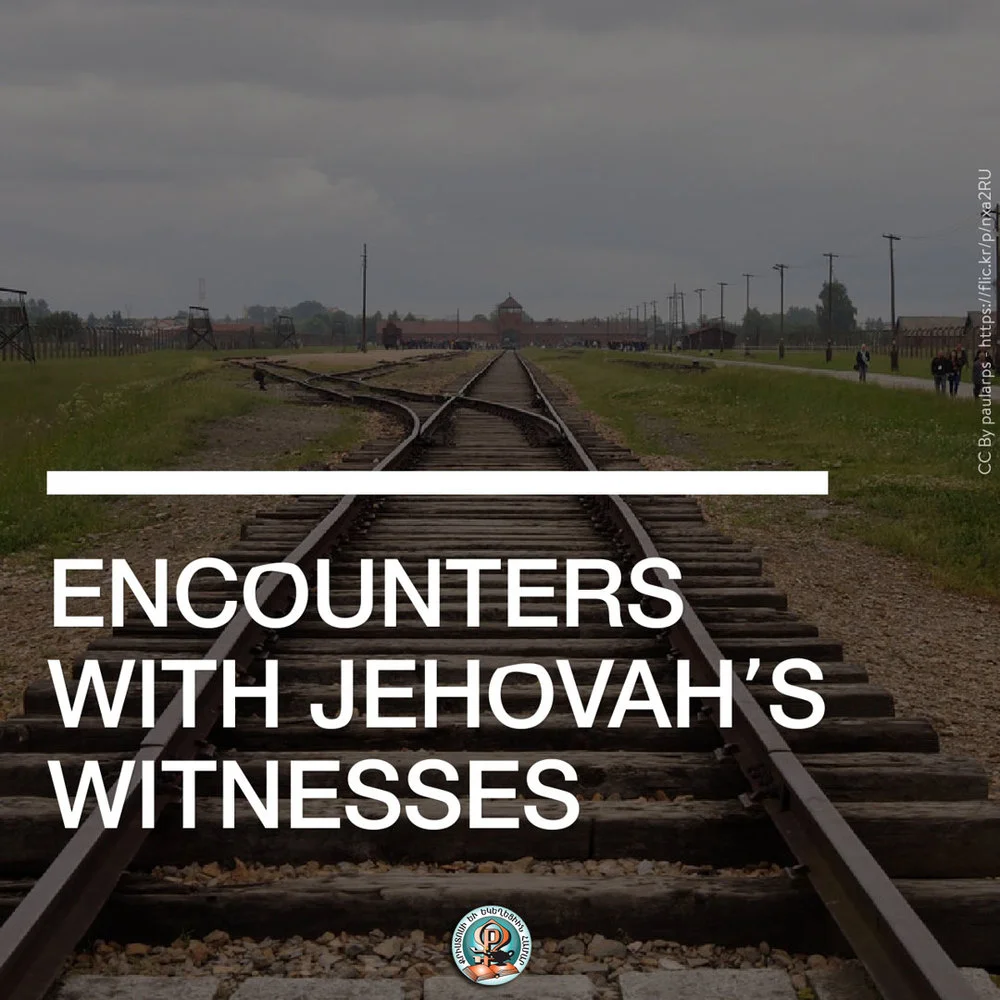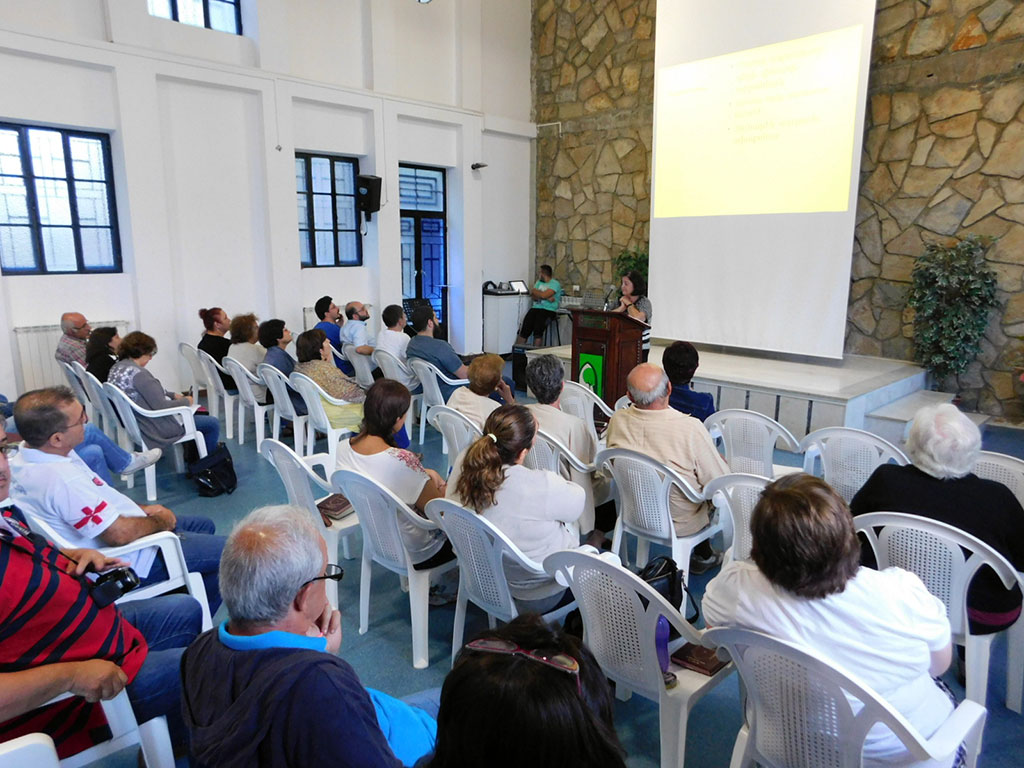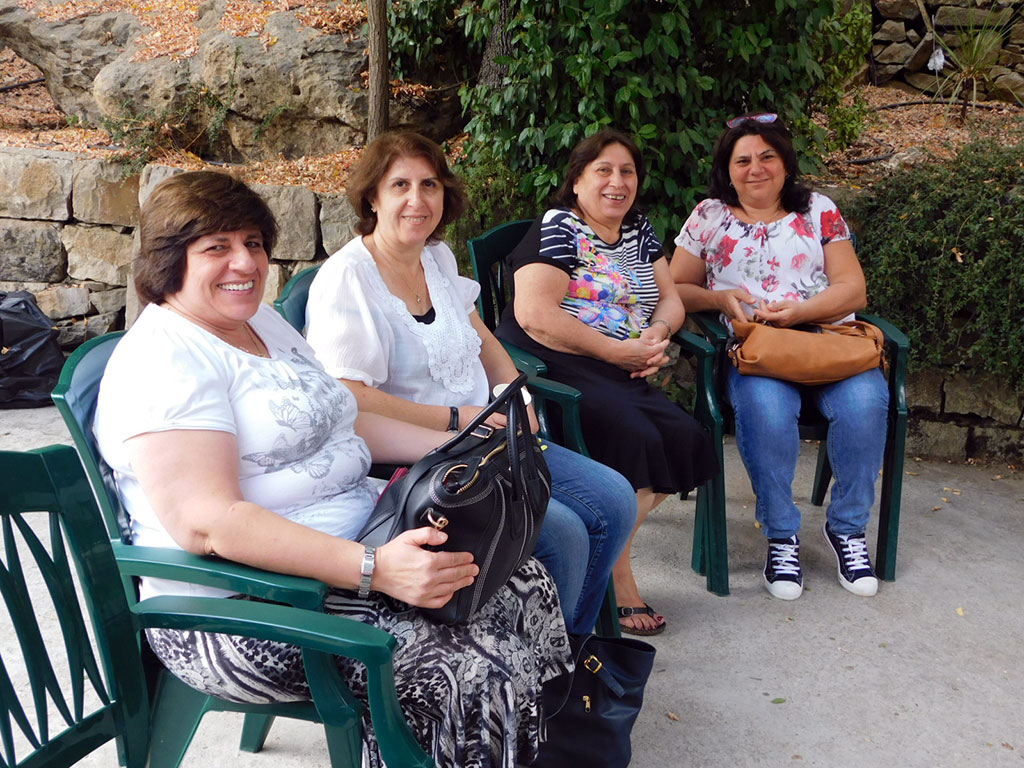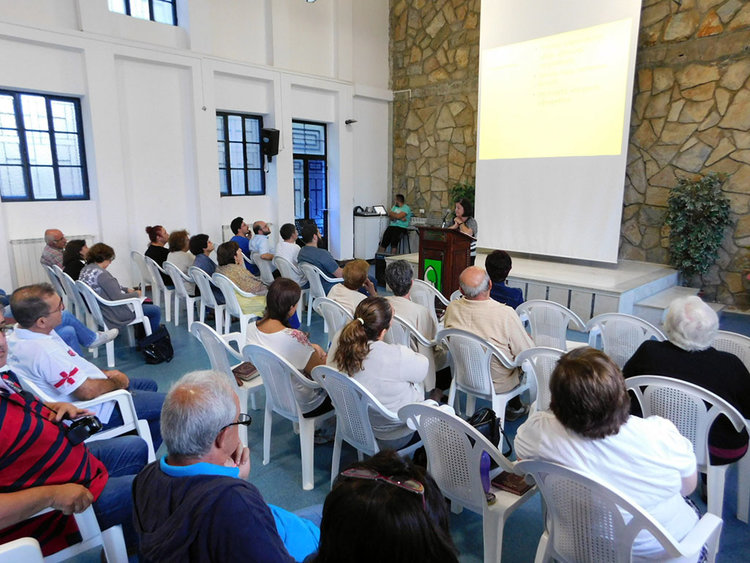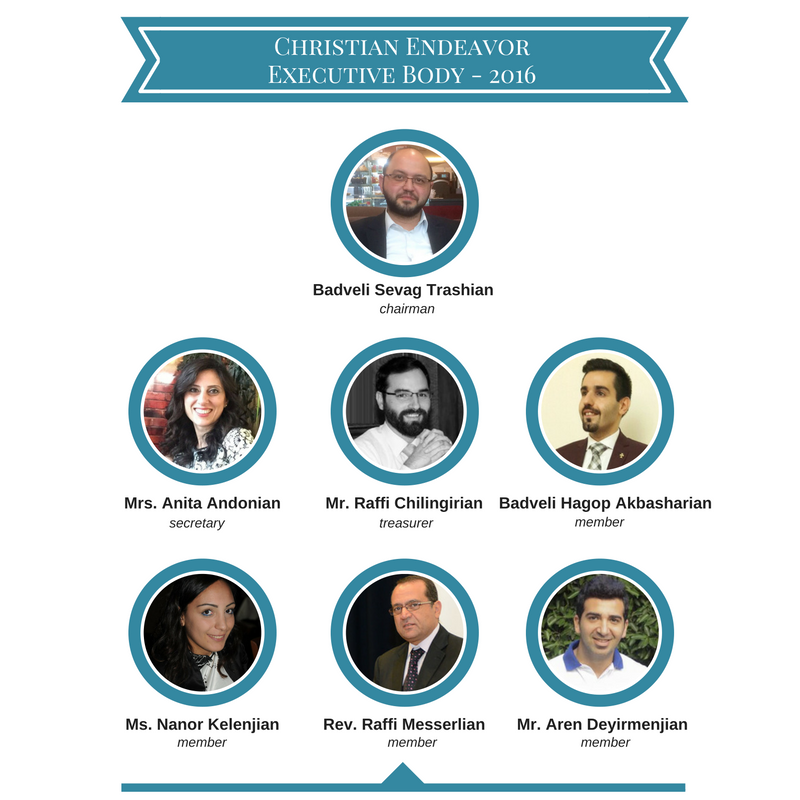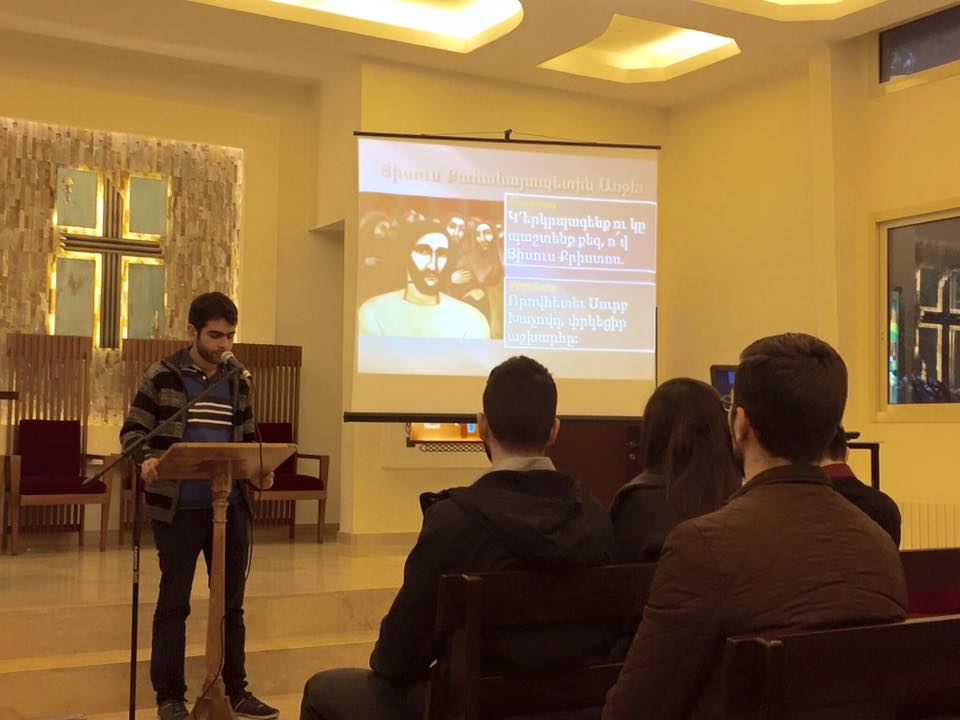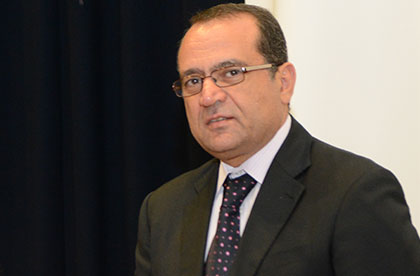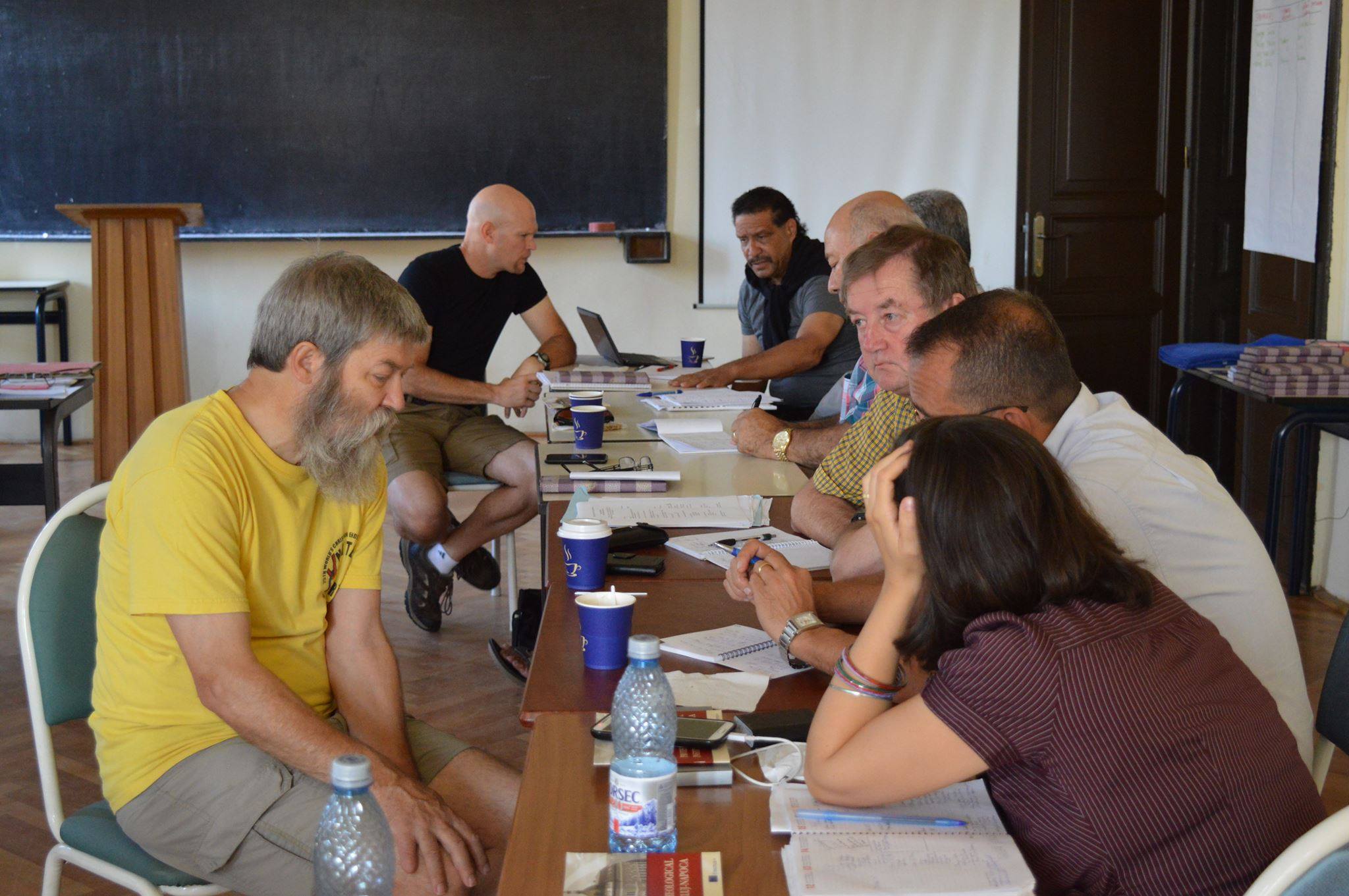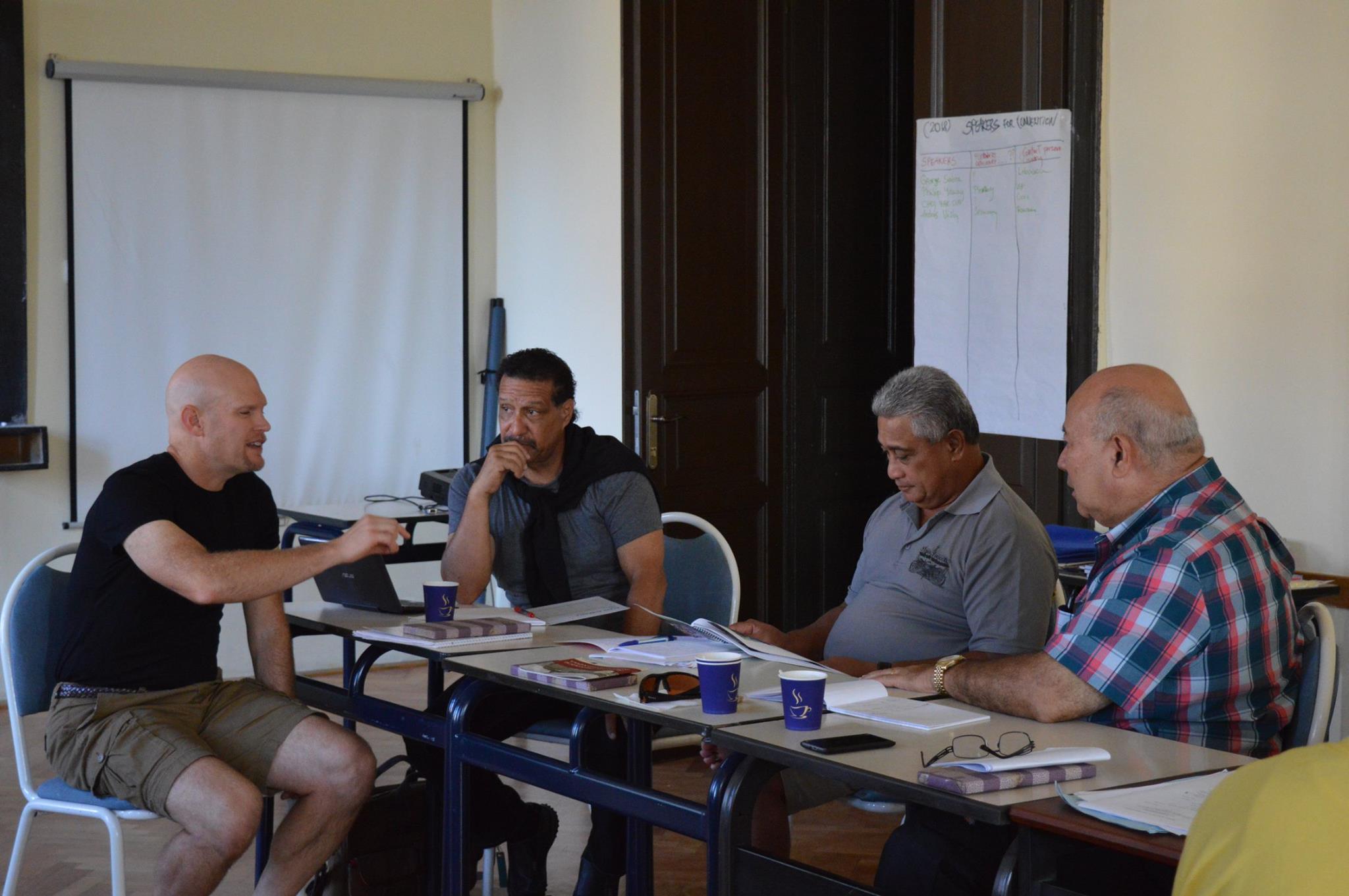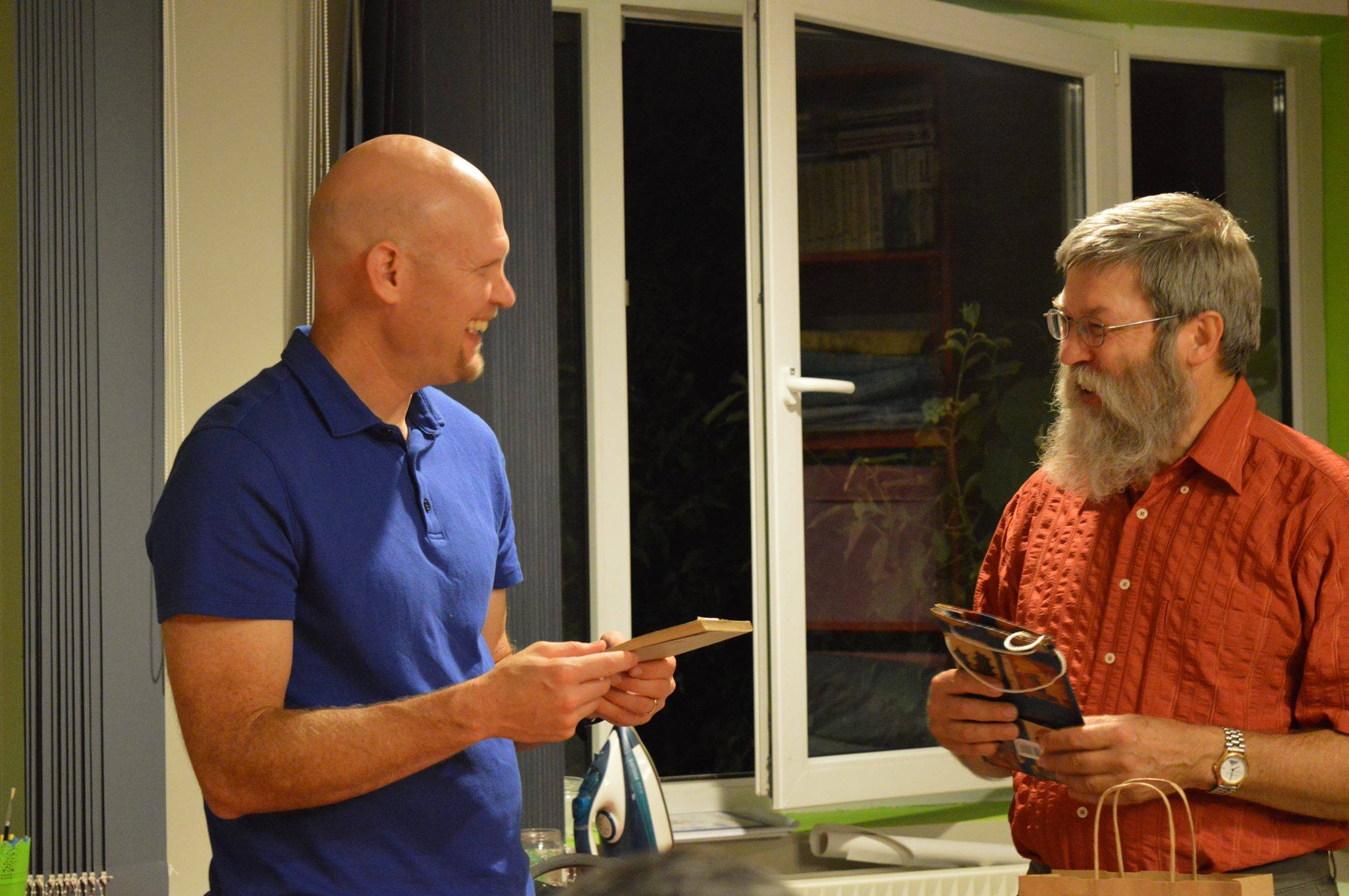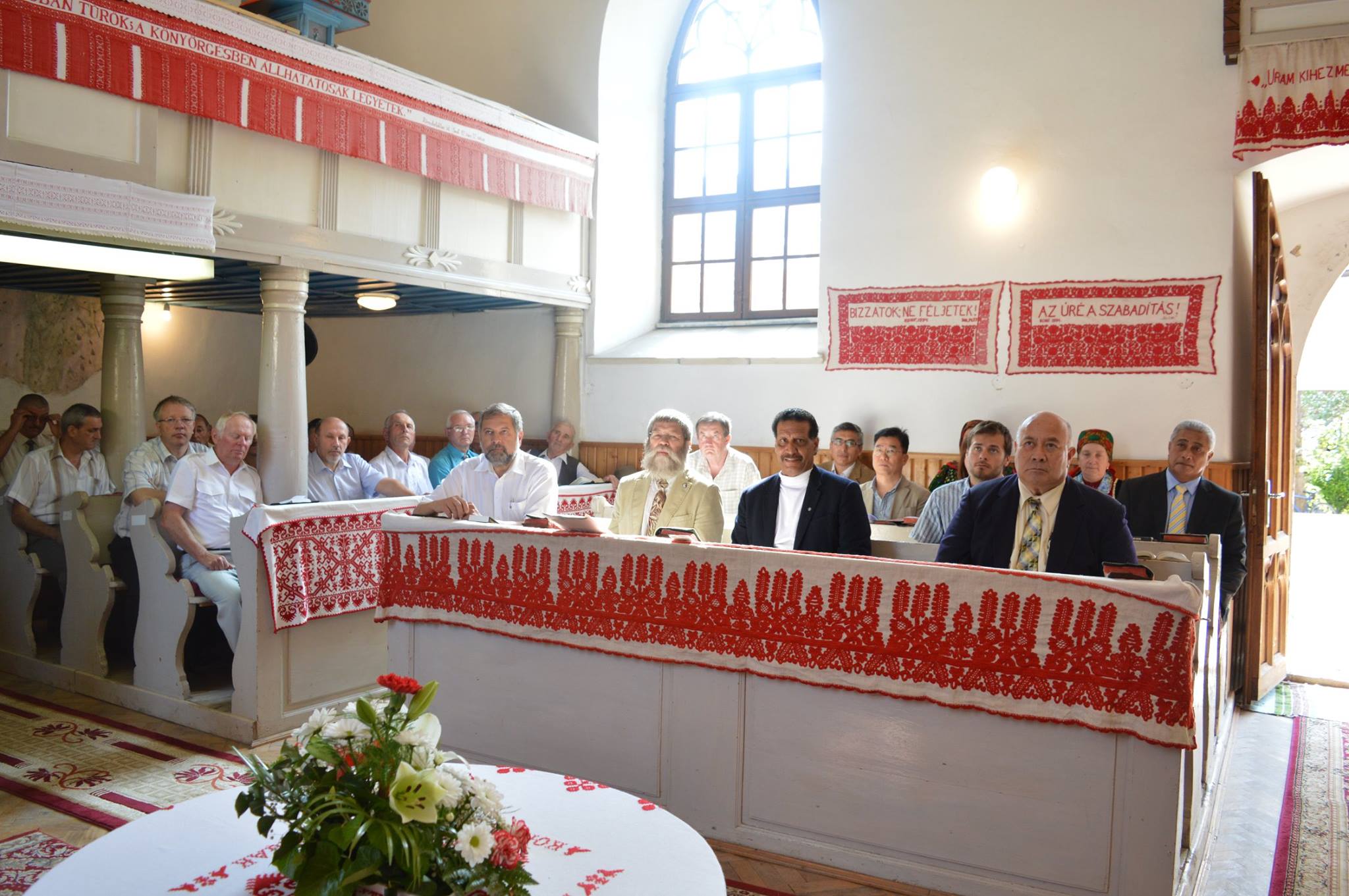by Houry Barsoumian
What is essential to survive? What is it that keeps a human being to go on? What is that one thing, that one reason to get out of your bed and start a new day?
These are questions that people ask themselves at different ages and stages of life, sometimes consciously and sometimes unconsciously. It does not matter if you are a child, a teenager, an adult or an elderly. What matters is to find the reason and to know the one thing that matters most in order to go on.
We hear a lot about people or encounter them in our daily lives and in our communities who have everything yet they are depressed because they are not able to find that one thing that matters most in their lives.
Children have a lot of toys, games, iPads, Xboxes, Wiis, yet they are not happy and furthermore, they are bored. Teenagers have all the freedom and the independency that they claim matters most, yet they still think that they are unfortunate and are not content. Adults have the money, university degrees, partners, spouses, children, stability, and income but still they are not satisfied because all these are not enough to have a reason to wake up.
When those people are asked what matters most they do not have an answer. They are not sure because they are not aware neither of their needs nor of their capacities and are still searching to find answers outside of themselves.
What matters most is more than what the person can accumulate; it is more than something depending on the outer world, or something that just happens to the person with a magic wand that brings happiness, or a reason to be satisfied and produce all the motivation to survive.
Having the privilege of working with human beings in an up-close and personal way, it has been clear to me that what matters most in life is to Love and be Loved.
That is the only reason that keeps a human being fight all the obstacles, find a reason to survive and be satisfied with what they have, which can be very little and sometimes it can be practically nothing. People who have nothing yet because they do have a loving and supporting family they are able to face life and its daily challenges with a smile and positive attitude. I have met cancer patients who were in very serious health conditions yet they were able to see what matters most since they have a friend who was ready to accompany them to every session of chemotherapy showing them the Love that is needed to fight the battle.
When I write about love and being loved, I do not mean about romantic love, a love between husband and wife, between lovers, between man and woman only, even though having that kind of a love in life with the right person, gives even a stronger sense of stability.
Yet to Love and to be loved means having Loving relationship in all aspects of your life: to love your surroundings, to love what you do, to do what you love, to love yourself with all the mistakes and the shortcomings that you have and most importantly to love your God and to look at your life and what’s in it with a sense of gratitude.
If couples learn to love themselves and each other then they will love their children in the best way possible and thus the child will grow up with a wonderful sense of self-confidence and will learn to love himself/herself and thus love their surrounding. There will be something for the child that matters more than what the world can offer or money can buy.
The teenagers who are loved will love the freedom and the independence that they have and will look at it as a prospect for growth.
The adults will love the opportunities that they have and will make the best out of it with a sense of gratitude for what life offers.
All these can be theoretically very good; however, but what do they mean practically?
What can a person do to have what matters most: To love and to be loved?
A Few practical steps:
- Have an honest look inside your heart, ask yourself what you need, what you want and evaluate if having those things would make you feel satisfied. This would help you know yourself and have an honest relationship with yourself.
- The world is a lonely place, so make sure you have a strong support system. Surround yourself and work on your relationships in honesty and transparency to have that family or group of friends where you can share everything, where you can be yourself and that there would be no judgment and unhealthy criticism. This support system would keep you real and would help you have the assurance that you matter.
- It is not enough to have this support system, you should also be the support system for others. Since in giving and in being, the support system becomes stronger. It is not enough to only receive, but in giving it is purified and serves its purpose.
- Love what you do. Not everyone has the opportunity to do what they love yet you can always find something positive in what you do. You can find a reason to love what you do.
- Last but most important, have that strong relationship with your creator because God who is the source of love, genuinely manifested in Jesus Christ, has created you and loved you even before you were aware. The assurance of that Love will always hold your hand, will guide you to be a better person and to have a clear understanding of what matters most in life.
The world is a lonely place; people are desperate to find a reason in this life, to fight the battles. You can be that one thing for your surrounding that matters most by Loving and being Loved.
"Let no debt remain outstanding, except the continuing debt to love one another, for whoever loves others has fulfilled the law." Romans 13:8










